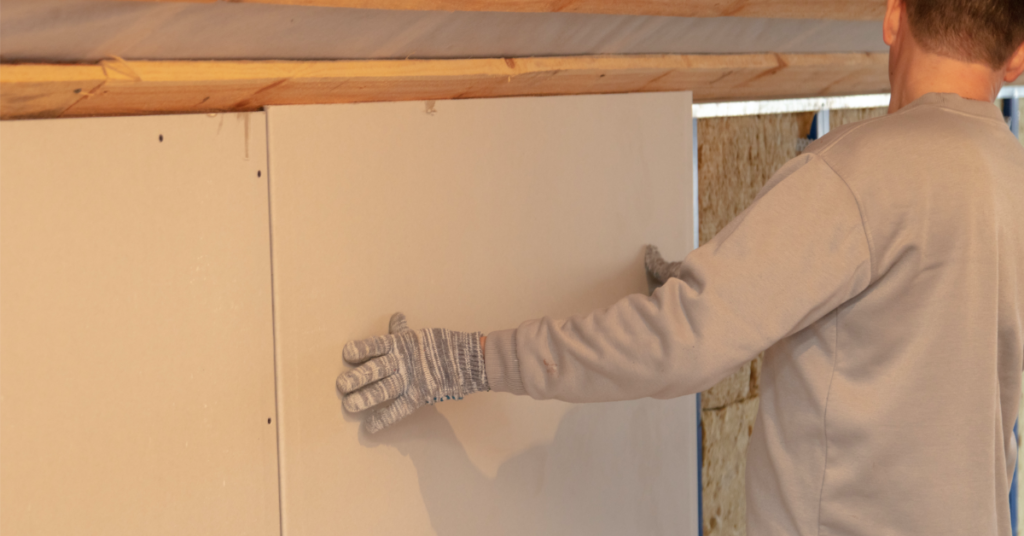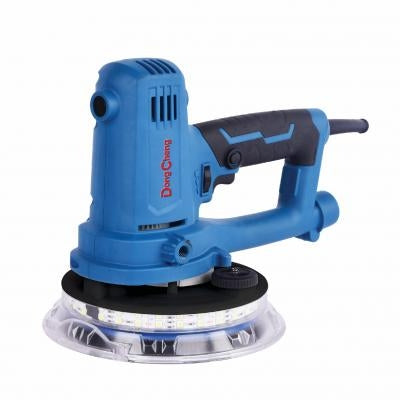
When replacing shower tiles and drywall, you may need to replace the backer board. This membrane prevents condensation from building up inside the wall. If there is no vapor barrier, it could lead to mold and mildew. To handle this job, it's a good idea for you to call a certified specialist.
Check for water damage before you begin. Leaks usually begin where the tile meets the top of the tub or along the bottom of the wall. Also, look out for mold and mildew. A problem could be indicated by black stains at the edges and caulk.
Depending on how old the shower is, you might need to cut tiles to make the base. To protect your hands, tiles are very easy to remove. Large pieces can be snagged with a vacuum hose attachment, but be careful not to damage it.

You need to be able to recognize what you are doing when you replace shower tiles or drywall. It is possible to hire a professional, save time, and avoid frustration.
You must use the right material. Fiberboard, which is painted like drywall, is a good choice. Fiberboard can be placed directly over standard-sized drywall and is waterproof. Alternately, you could use moisture-resistant greenboard. Greenboard's paper faces are impregnated with waxes. They are slightly more water-resistant that plain drywall.
While you are working on removing old tiles and drywall, make sure to check the area for leaks and mold. Mold and mildew can indicate that drywall is not doing its job. Once you've identified the problem, you can start to repair the damage.
You should consider installing a vapour barrier as well. Unlike a conventional drywall, a vapor barrier prevents water vapor from migrating through the backer board and wood wall supports. Install a thinset adhesive and a waterproof sheet membrane to ensure that the membrane stays in place.

You can also remove grout. Although grout is not waterproof, it is a good way to fill in gaps between tiles. To smoothen the joints, remove the grout. Mastic is sometimes contaminated with asbestos, so be careful.
Laying your tile in a pattern will give you the best results. Start in the farthest corner of the room and work your route toward the door. It is best to hire a professional if you are not an expert in tiling.
You can support the tiles while they dry by using a straightboard. Tile spacers should be available at your local hardware shop. Whether you decide to use a straight board or concrete board depends on the shape and size of your shower.
FAQ
What should I do first when renovating my house?
You must first clear out the clutter outside and inside your home. Next, remove moldy spots, replace damaged walls, fix leaky pipes, and paint the whole interior. You will need to clean up the exterior and paint.
Can I rent a dumpster?
Yes, you can rent a dumpster to help you dispose of debris after completing your home renovation. Renting a dumpster will help you keep your yard clear of debris and trash.
Can you live in a house during renovation?
Yes, I can live inside a house while I renovate it.
You can live in a house that is being renovated while you are renovating it. The length of construction takes will determine the answer. If the renovation process lasts less than 2 months, then yes, you can live in your home while it's under construction. You cannot live in your house while the renovation process is ongoing if it lasts more than two years.
Because of the possibility of falling objects, you shouldn't live in your home while a major construction project is underway. There is also the possibility of dust and noise pollution from the heavy machinery at the job site.
This is especially true for multi-story houses. The vibrations and sounds that construction workers create can cause damage to your property and contents.
As mentioned earlier, you will also have to deal with the inconvenience of living in a temporary shelter while your home is being renovated. This means you won't be able to use all the amenities in your own home.
When your dryer and washing machine are in repair, for example, you won't have access to them. Additionally, the smell of paint fumes or other chemicals will be a constant annoyance as well as the banging sound made by workers.
All these factors can lead to stress and anxiety among you and your family members. Therefore, it is important to plan ahead in order not to feel overwhelmed by the situation.
When you decide to start renovating your home, it is best to do some research first so that you can avoid making costly mistakes along the way.
You can also consider professional advice from a trusted contractor to ensure smooth running of your project.
What are my considerations when purchasing a new house?
Make sure you have enough cash saved to pay closing costs before buying a new house. You may want to refinance your mortgage if there isn't enough cash.
Statistics
- According to the National Association of the Remodeling Industry's 2019 remodeling impact report , realtors estimate that homeowners can recover 59% of the cost of a complete kitchen renovation if they sell their home. (bhg.com)
- A final payment of, say, 5% to 10% will be due when the space is livable and usable (your contract probably will say "substantial completion"). (kiplinger.com)
- The average fixed rate for a home-equity loan was recently 5.27%, and the average variable rate for a HELOC was 5.49%, according to Bankrate.com. (kiplinger.com)
- ‘The potential added value of a loft conversion, which could create an extra bedroom and ensuite, could be as much as 20 per cent and 15 per cent for a garage conversion.' (realhomes.com)
- Design-builders may ask for a down payment of up to 25% or 33% of the job cost, says the NARI. (kiplinger.com)
External Links
How To
5 Things You Should Know Before Starting Your House Renovation
-
Do you really want to do this? If you are planning to do major home improvements like renovating your bathroom or building new houses, you will likely need help. You might reconsider if you're not confident enough to handle such a huge task on your own. This could cost you a lot of money and time, and you may not get any real benefit from it. Why not get someone who is experienced to assist you? These people will save you time, stress, and provide a beautiful place to live in.
-
What amount should I spend on a renovation project? This is a common question, but it can make renovations more expensive. You'll likely have to repay most of your costs at the end. So if you've got a budget in mind, stick to it! You could wind up spending a lot and not getting any return.
-
Do I prefer to hire professionals or DIY? - There's no right or wrong answer here, but we'd recommend hiring professional tradespeople if you can afford them. They'll give you the best advice possible on how to proceed with your particular project. They can install the plumbing correctly and make sure that it is done safely. On the flip side, DIY projects usually involve lots of trial and error, which means you'll have to learn a lot of lessons the hard way. Plus, you'll have to deal with all sorts of problems that arise during the process.
-
Can I afford it? - Do not underestimate how expensive a renovation project will cost. You might need to borrow money from family and friends to pay the bills. You should also consider the cost of selling your property if you plan to move soon after the renovations are completed.
-
Which place should I start? - When it comes to choosing where to start, there's no right or wrong place. But we suggest you choose something that you enjoy working on. If you enjoy what you do, you will be more motivated to continue working and less likely procrastinate. Also, avoid places that are difficult to maintain. You should avoid redecorating your living room if it is always covered in dirt and dust.